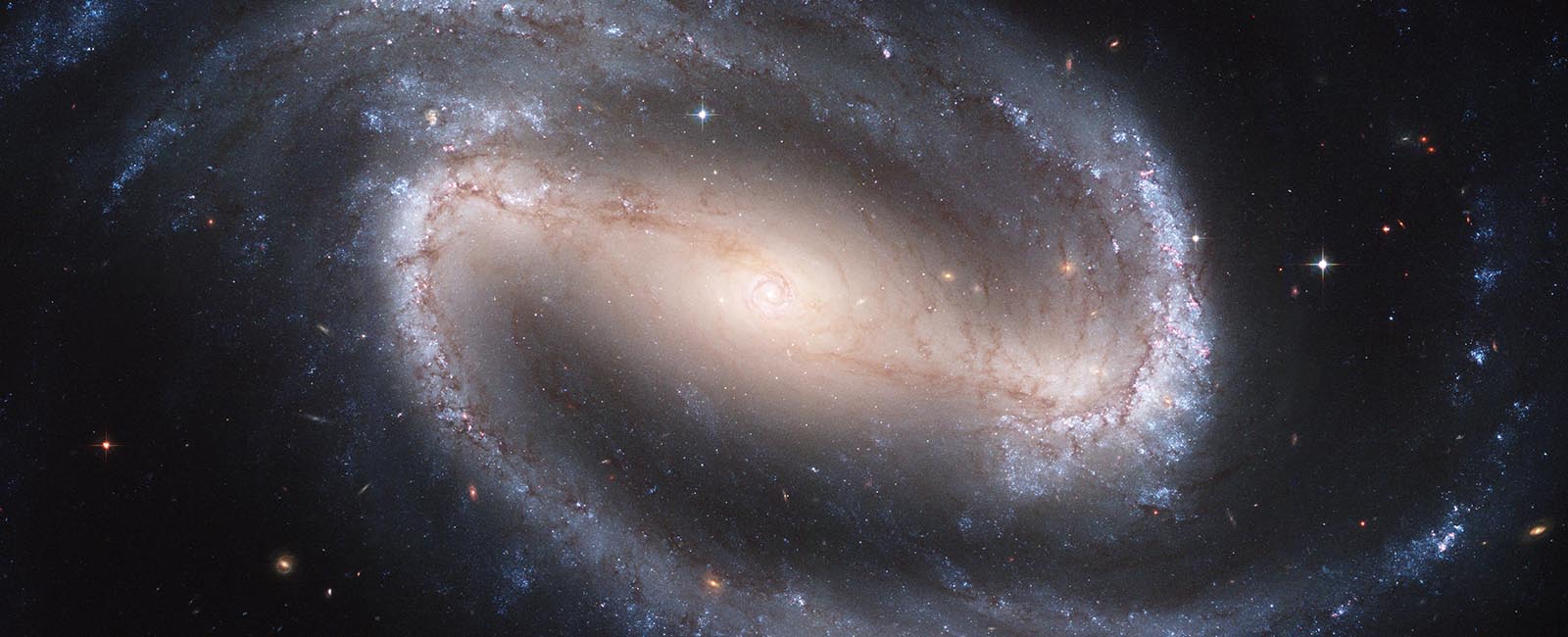
‘Science of the Cosmos, Science in the Cosmos’: From the Big Bang to the search for life in other worlds
How was the universe born? How were the earliest galaxies, stars, and planets formed? Do the conditions for the emergence of life exist in other worlds? The BBVA Foundation presents the videos of 36 talks from its lecture series ‘Science of the Cosmos, Science in the Cosmos’, in which the central questions in contemporary astrophysics are tackled by leading international experts in the field. The series was coordinated by Ana Achúcarro, Professor of Astroparticle Physics and Quantum Field Theory at the University of Leiden (Netherlands).
23 November, 2020
Why, at some point some 13 billion years ago, did a tiny, hot universe begin expanding in a Big Bang? The birth of the universe, as well as the formation of stars and planets, are explored in the first edition by such renowned figures as Nobel Prize winner Kip Thorne, from Caltech, and James Cronin, from the University of Chicago.
How many planets similar to Earth are orbiting other stars? The lectures in the second edition explore issues such as the search for life in other worlds, the expansion of the universe, neutron stars, and clusters of galaxies, with speakers including Didier Queloz, winner of the 2012 Frontiers of Knowledge Award in Basic Sciences, Andrei Linde, from Stanford University, and other leading experts.
The discovery of the earliest galaxies, the search for signs of life in the universe, the long term stability of planetary systems and the study of starquakes are some of the questions examined in the third edition by Martin Rees, from the University of Cambridge, Scott Tremaine, from Princeton, and other pioneering astrophysicists.
The fourth edition considers the enigmatic nature of dark matter and the most recent attempts to detect it with large underground instruments, the expansion of the universe, and recent research with particle accelerators, in talks by researchers like Nobel prize winner James Peebles, and Wendy Freedman, from the University of Chicago.
The fifth edition explores issues such as cosmic rays and anti-matter, the evolution of galaxies and the role played by black holes, the exploration of the Solar System, as well as the detection of gravitational waves, in the lectures delivered by another Nobel Prize winner, Reinhard Genzel, and the director of the LIGO project, David Reitze.
The lectures in the sixth edition focus on our cosmic origin, as well as the fact that gravity, the most familiar and important force in the universe’s evolution, continues to pose some challenging questions, as discussed by Viatcheslav Mukhanov, winner of the 2015 Frontiers of Knowledge Award in Basic Sciences with Stephen Hawking, Dimitar Sasselov, from the University of Harvard, and other leading astrophysicists.
